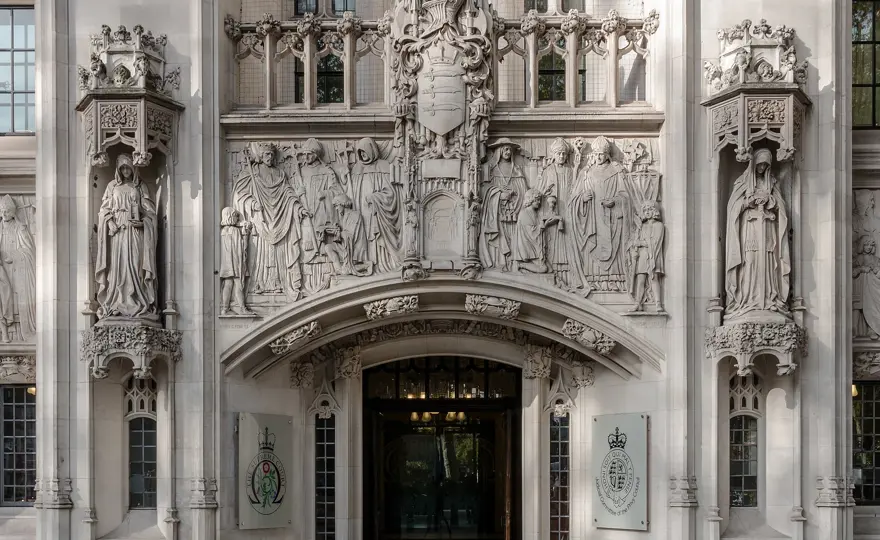ClientEarth Communications
1st June 2021


Sometimes, you have to go to court to protect the environment.
There are a lot of competing interests at play and sometimes nature, despite its vital role in keeping us alive and well, gets shoved to the bottom of the list. It needs an advocate. That’s why organisations like ClientEarth exist.
But to be able to step up for nature, health and climate, those advocates need to be able to get in front of a judge – with the guarantee that a successful case can create concrete change.
We have that right currently – but in the UK, it’s in danger.
In the UK, there’s a way to raise the alarm when a decision by public authorities puts people and the environment in harm’s way and looks to have been made unlawfully. It’s called judicial review. In a very literal sense, you are asking a judge to look at a decision that’s been made, and decide if it’s been made legitimately.
We’ve used judicial review to win cases to protect children’s lungs from illegally dirty air.
Judicial review can change the course of history. It’s vital for democracy. But currently, it’s in line to be reworked. The risk is that people and organisations who need to protect the environment will end up locked out of court.
Nobody is infallible. Public bodies and the government will sometimes misstep. If and when that happens, there needs to be a way to challenge those decisions.
Judicial review has been used for anything from concretising Gurkhas’ legal right to settle in the UK, to quashing fees for employees who need to take cases to employment tribunals.
On the environmental front, there are some standout examples.
Legal limits for air pollution came into force over a decade ago, but the UK Government was failing to meet them. They claimed that the cost of cleaning up illegally dirty air was ‘disproportionate’. We won case after case in court to defend people’s right to clean air, using judicial review.
This legal tool was also the basis for our challenge against a development at Drax, which was set to be Europe’s biggest fossil gas plant, just as the world struggles to slash its use of fossil fuels.
Judicial review can be central to reversing major planning missteps, when councils wave through destructive developments that clearly go against the law. In Devon, a holiday caravan park was mistakenly approved for construction on an Area of Outstanding Natural Beauty – the decision was revoked after successful judicial review.
Most recently, the UK’s continued, gargantuan spend on oil and gas in the wake of the Paris Agreement, has become the subject of a judicial review.
It is difficult to overstate how important it is that this legal avenue remains available to citizens of the UK.
The ability to challenge in court decisions by our leaders has been upholding justice for around 400 years. And the judicial review process we know today has been around for decades.
The government has so far asked experts for their opinion on how well judicial review works, and presented a report wrapping these views together.
The trouble is that what the government has said about the report seems to go a fair amount further than the evidence and recommendations of its own handpicked panel. Other experts in the law have not hesitated to raise the alarm about the government’s approach, saying it could “neuter” environmental groups seeking to hold the government to account.
We’re concerned that the government has a plan for judicial review that would mean that certain crucial claims could never even get to court.
Another possibility being considered is limiting remedies – restricting what the court can do to help right a wrong. If this happens, even if you won a case and showed that the original decision was unlawful, the court would not be able to strike down that decision. This makes your case ineffective in practice– this is not justice for you or the environment.
The government acknowledges this unfairness but has made these proposals nonetheless.
It’s never been so important that we’re all empowered to protect the environment. That’s why we’re fighting to protect judicial review, not weaken this vital part of our democracy.
We’ll be doing our utmost to protect all of our right to go to court and obtain justice when our health and our environment are at stake.